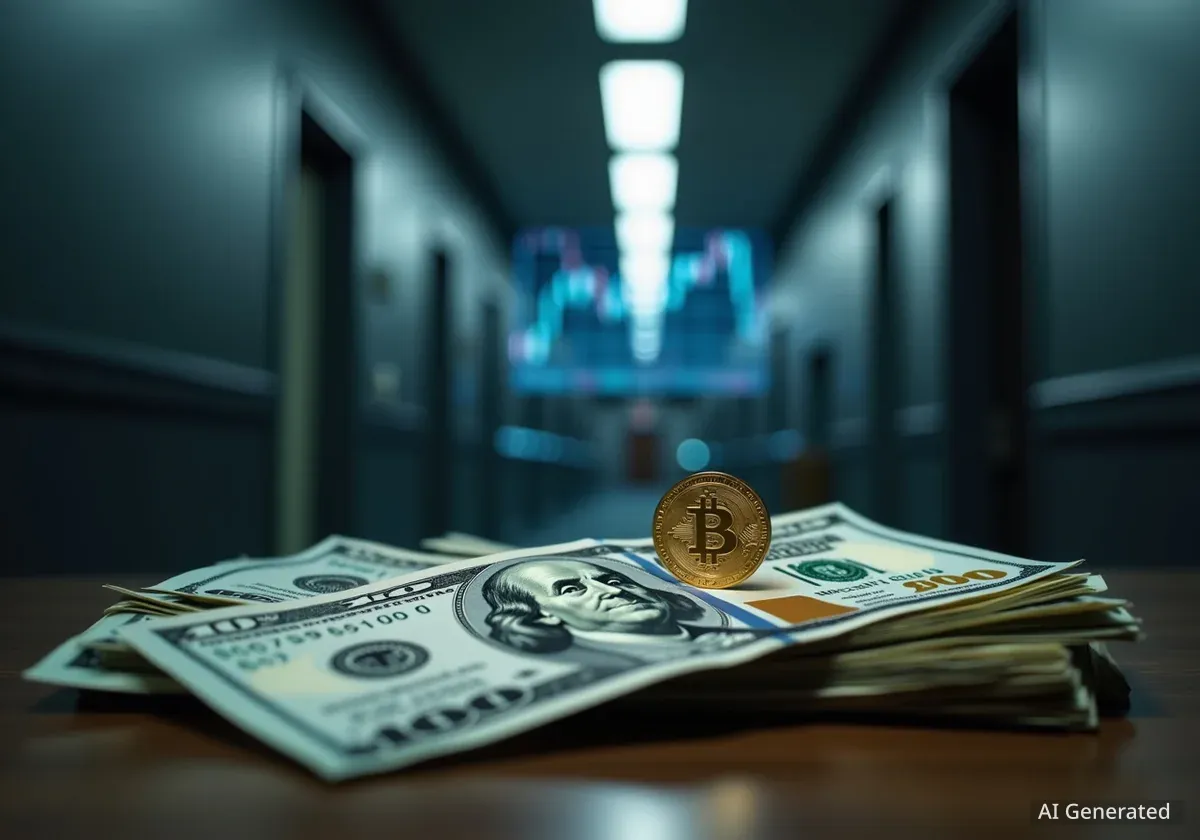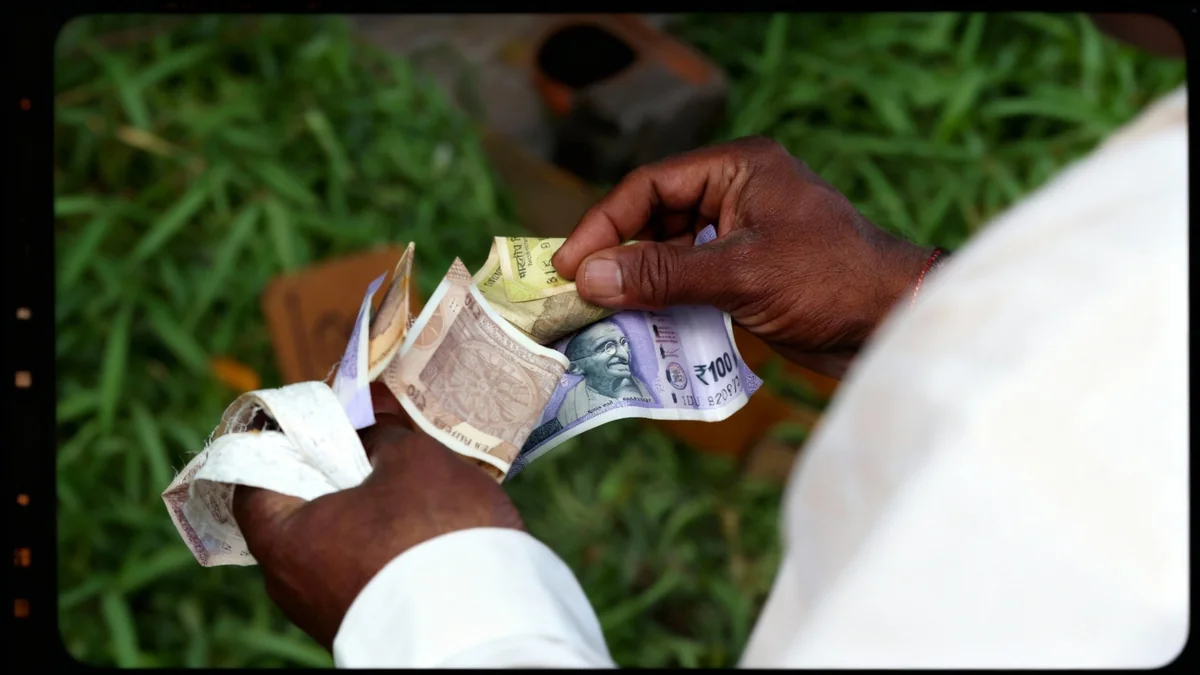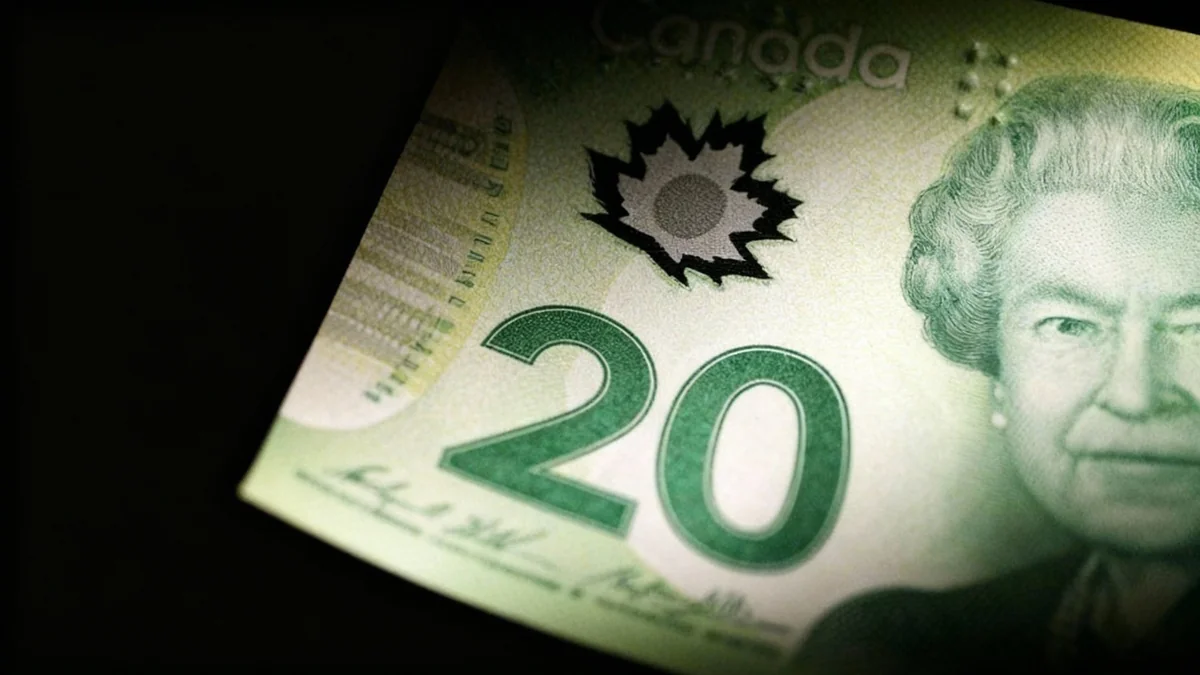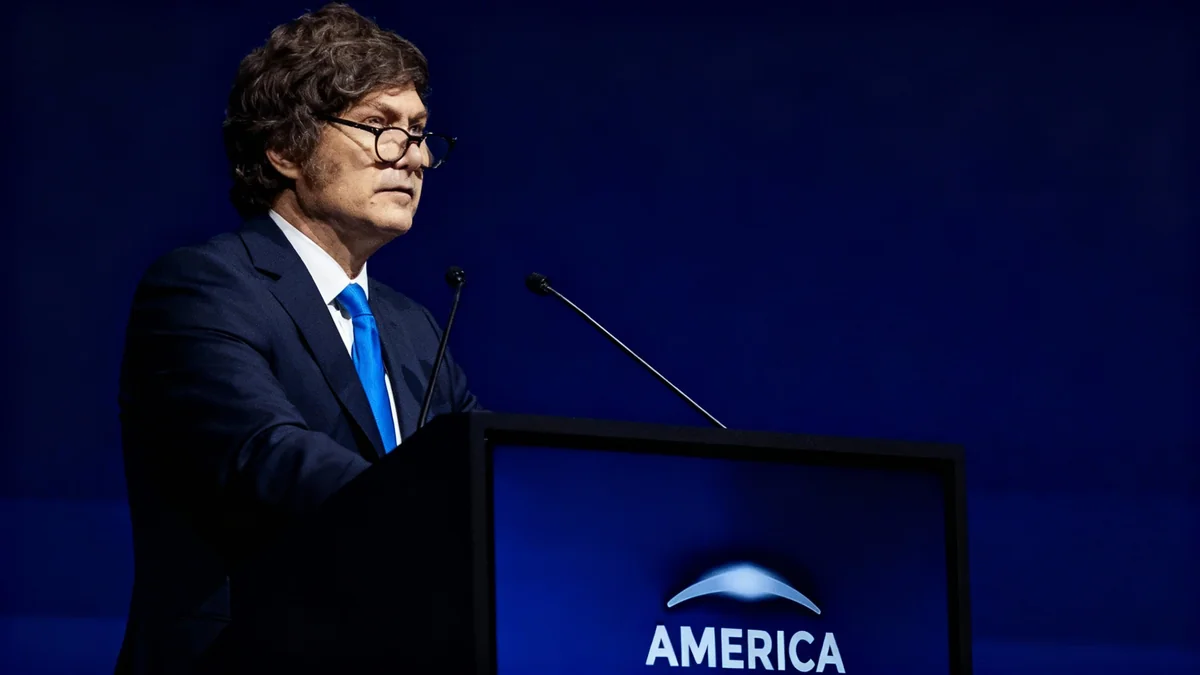Ray Dalio, the founder of Bridgewater Associates, has issued a stark warning about the United States' fiscal trajectory, describing its government spending and borrowing habits as “unsustainable.” Speaking at the FutureChina Global Forum, the influential investor argued that escalating global debt burdens are increasing the risk of major currency devaluations, making assets like gold more attractive for investors.
Key Takeaways
- Ray Dalio warns that unsustainable U.S. government spending is pushing the country toward a significant fiscal crisis.
- He recommends investors allocate approximately 10% of their portfolios to gold as a hedge against currency devaluation.
- Dalio highlights that the U.S. dollar has already declined over 10% this year, with other major currencies also weakening against gold.
- He projects the U.S. may need to issue $12 trillion in debt, potentially creating a severe supply-demand imbalance in financial markets.
- Other financial leaders, including Ng Kok Song of Avanda Investment Management, share these concerns, noting that countries like France, Japan, and China face similar debt-related risks.
An Unsustainable Fiscal Path
During his address, Dalio painted a concerning picture of the United States' financial health. He stated that the current levels of government spending and borrowing cannot be maintained long-term. This situation, he believes, is setting the stage for a fiscal crisis that could have far-reaching implications for the global monetary system.
The core of the issue lies in the growing deficit. When governments consistently spend more than they collect in revenue, they must borrow to cover the difference. This borrowing adds to the national debt, which now stands at a level Dalio considers perilous.
Why National Debt Matters
High levels of national debt can lead to several economic problems. Governments may be forced to raise taxes or cut spending, which can slow economic growth. Additionally, if investors lose confidence in a government's ability to repay its debt, interest rates can rise, making borrowing even more expensive and potentially triggering a financial crisis.
Dalio noted that he had previously urged U.S. lawmakers to take action to reduce the deficit to a more manageable 3% of the country's Gross Domestic Product (GDP). However, he expressed disappointment with the lack of political will to address the problem. He specifically pointed to recent tax-and-spend packages, such as one from the Trump administration that added an estimated $3.4 trillion to the national debt, as examples of policies that exacerbate the situation.
The Growing Appeal of Gold
As traditional fiat currencies face the threat of devaluation, Dalio argued that alternative stores of wealth become more compelling. He identified gold as a primary beneficiary of this trend. According to Dalio, when governments fail to control their deficits, the reliability of their currencies as a store of value diminishes.
"When governments resist curbing excessive deficits, traditional currencies lose reliability as stores of wealth, making diversification into gold more compelling."
This loss of confidence drives investors toward assets that are not controlled by any single government or central bank. Dalio suggested that investors should consider diversifying their portfolios to protect against this risk. His specific recommendation is a significant allocation to the precious metal.
Dalio's Gold Allocation Recommendation
Ray Dalio recommends that investors allocate about 10% of their portfolios to gold. He views it as a crucial component for balancing risk in an environment of potential currency instability.
He further supported his argument by pointing to recent market performance. The U.S. dollar has fallen by more than 10% this year alone. It is not an isolated trend; other major global currencies have also weakened relative to gold. Dalio referred to gold as the world's second-largest reserve currency, underscoring its historical role as a financial safe haven.
A Looming Market Imbalance
The scale of U.S. borrowing needs is a central part of Dalio's warning. He projected that Washington may need to issue an astonishing $12 trillion in new debt. This figure would be required to cover ongoing deficits, make interest payments on existing debt, and manage maturing borrowings that need to be refinanced.
Such a massive issuance of government bonds could create a fundamental supply-demand imbalance in the market. If the supply of new debt outstrips the demand from investors, the U.S. government might struggle to find buyers for its bonds, or it may have to offer much higher interest rates to attract them. This would further increase the cost of borrowing and worsen the fiscal crisis.
Dalio believes this imbalance poses a direct threat to the stability of financial markets. A sudden shift in investor sentiment away from U.S. debt could have a domino effect across the global economy, given the dollar's central role in international finance.
Global Concerns and the Dollar's Future
While Dalio's primary focus was on the U.S., he acknowledged that the dollar will likely remain the world's primary medium of exchange for the foreseeable future. However, its dominance is not guaranteed to last forever. He noted that the growing role of China in global trade is gradually chipping away at the dollar's supremacy.
His concerns were echoed by other prominent figures at the forum. Ng Kok Song, Chief Investment Officer of Avanda Investment Management, agreed that U.S. debt has reached a critical "tipping point." He also warned that this is not solely an American problem.
According to Ng, several other major economies are facing similar risks. He listed the following countries as also being on a precarious financial footing:
- France
- Japan
- China
This shared vulnerability across multiple major economies suggests that the next financial crisis could be global in scope, driven by a widespread loss of confidence in government debt and fiat currencies. The collective message from these financial leaders is a call for caution and a strategic shift in how investors think about wealth preservation in the years ahead.





